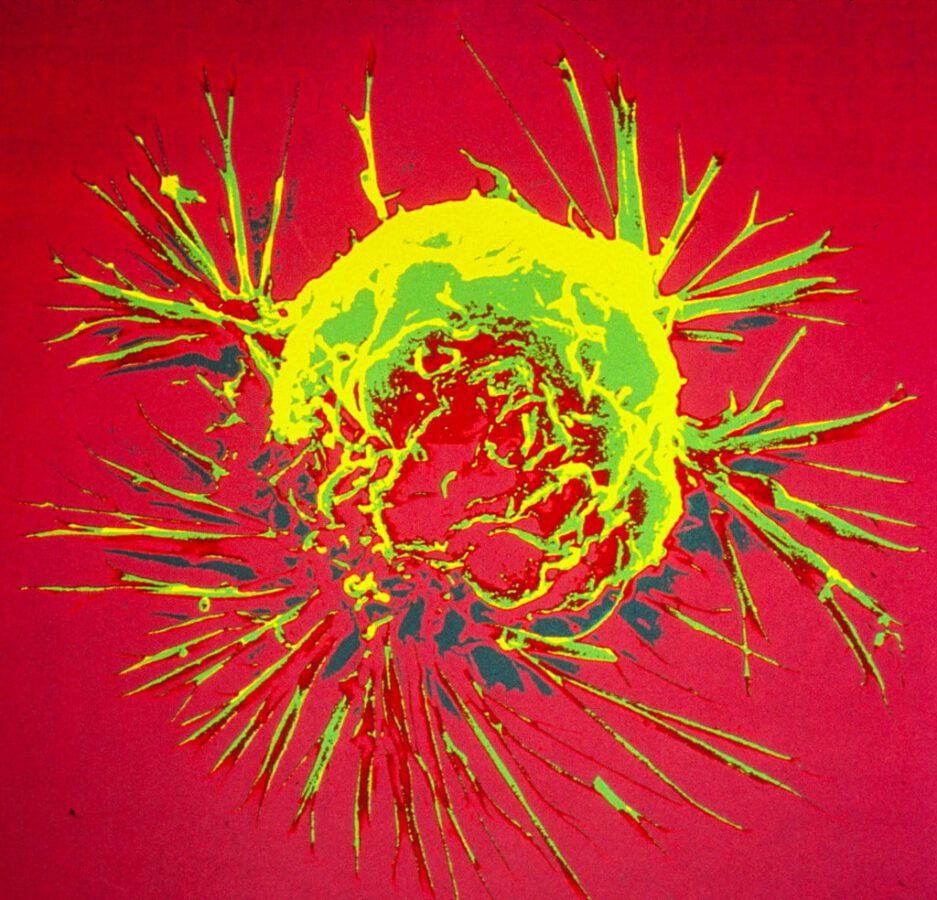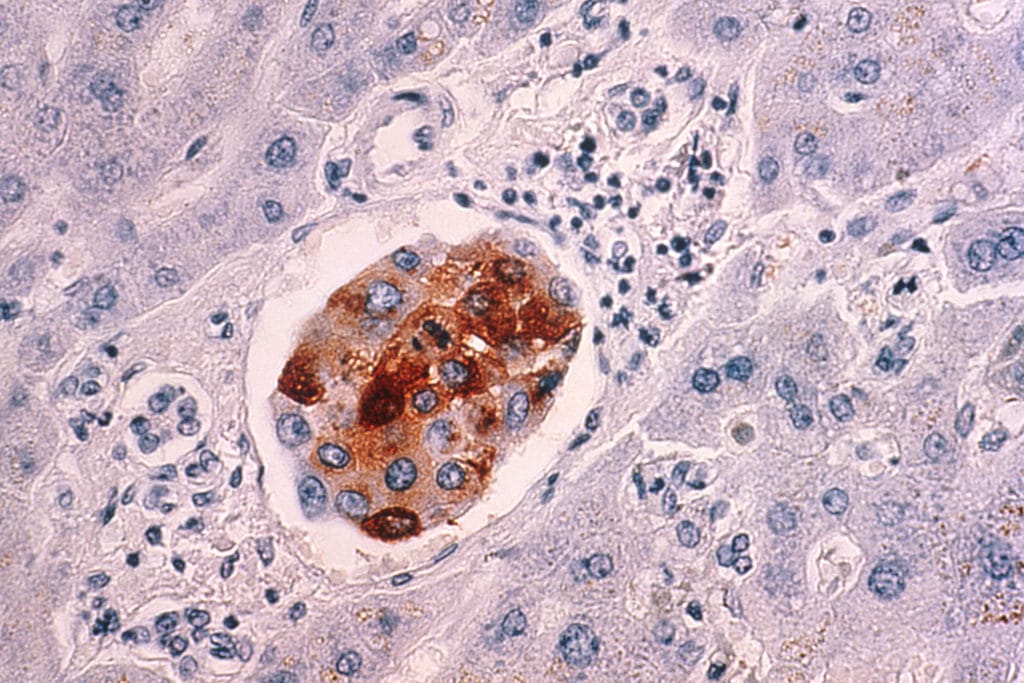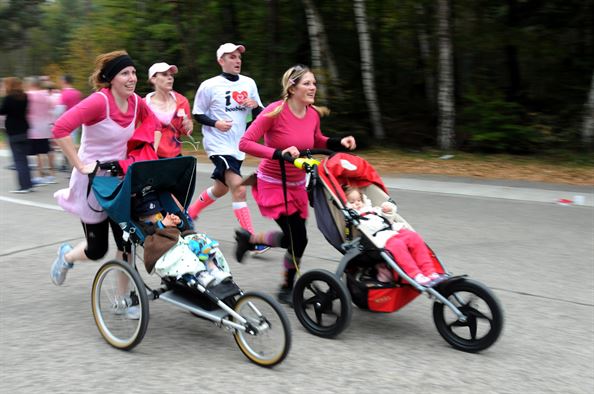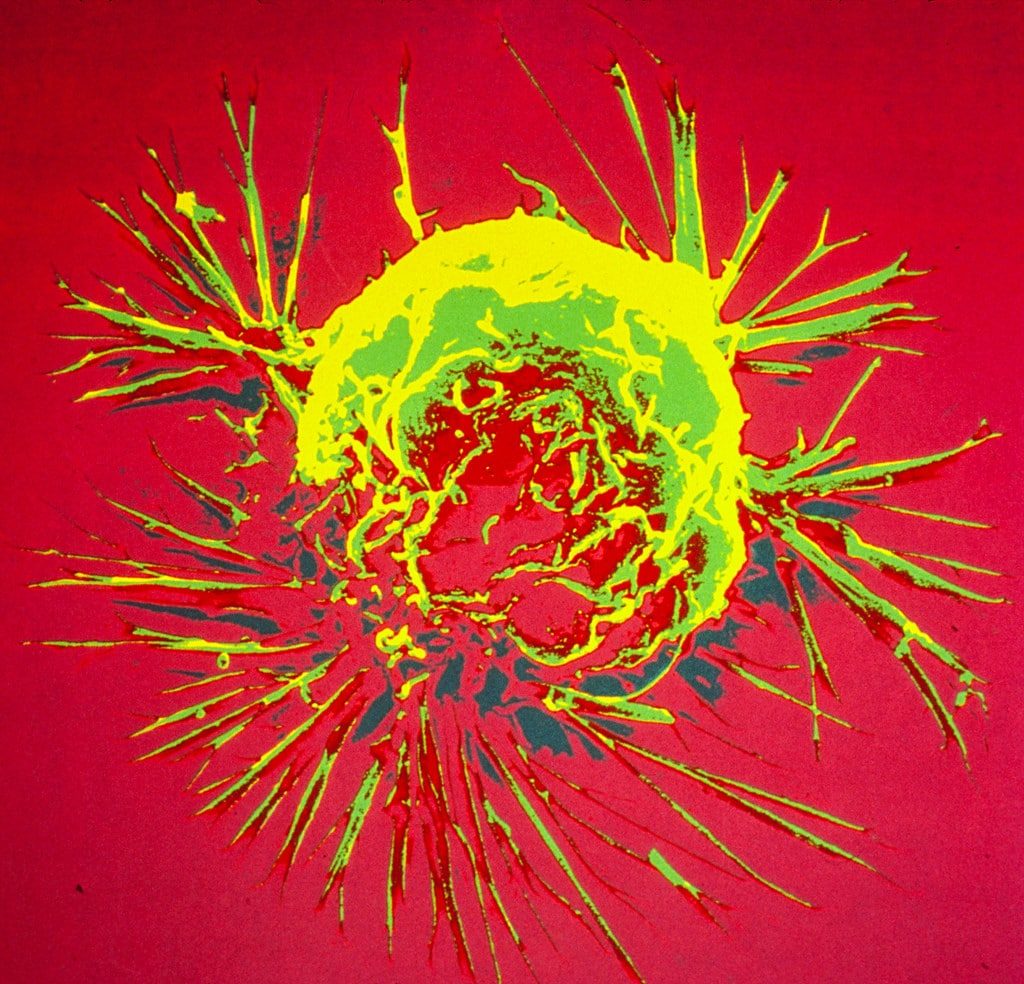Breast cancer is one of the most common cancers in women throughout both the developed and less developed world. Estimates from WHO says that over 508, 000 women worldwide died in 2011 due to breast cancer. And although it is thought to be a disease of the developed world, almost 50% of breast cancer cases and 58% of deaths occur in less developed countries.
At times, it seems like conquering all forms of cancer is a Sisyphean task. Made even more pronounced by the fact that since the refinement of modern medicine, we’ve successfully controlled smallpox, measles, tuberculosis, polio and other potentially fatal diseases. Cancer however, seems to always rear its ugly head like some kind of unassailable whack-a-mole.
The role of breast cancer awareness and treatment of breast cancer in the Netherlands is especially significant, given the fact that in 2012, it ranked fourth from the top out of 20 countries on a chart that recorded the age-standardised rate of breast cancer per 100,000.
Perhaps, the prevalence of breast cancer in the Netherlands and in fact, the world, is about to take a hit. If you’ve planned on moving to Amsterdam you now have another great reason to live in this great city. You will get world-class medical attention if you’re ever in a battle with breast-cancer.
Research recently presented by Professor Nigel Bundred at the European Breast Cancer Conference in Amsterdam revealed that the effectiveness of two types of drugs known as Herceptin and Lapatinib had been tested, and results looked promising.
This pair of drugs is commonly used in breast cancer treatment at the moment, but this is the first time they had been combined and used both before surgery and chemotherapy. Some types of breast cancer were eliminated in just 11 days.
Cancer Research UK funded the study and testing. They aimed to use these drugs to combat a protein called HER2 (human epidermal growth factor receptor 2), which affects the growth and division of cancer cells. It’s also more likely to return than other cancer types.
This treatment is also being deemed a success due to that fact that it may render chemotherapy unnecessary. 257 women with HER2 positive breast cancer were chosen for the study. Half of the 257 women were put on the drug combo while the other half was the control group. What they found was that of those on the drug:
- 11% had no cancer cells remaining within two weeks, and;
- 17% of cases featured dramatically shrunken tumors.
Compared to the control group who were only given Herceptin, they were found to have:
- 0% with no trace of cancer cells, and;
- Only 3% showed a drop in tumor size.
Clearly, the two drugs combined have a major effect on breast cancer cells as opposed to being used on their own.
Following this, they will need to run clinical trials to see if these women really can avoid chemotherapy treatment and if the current standard of care for some HER2 positive breast cancer patients can and should be changed.
It’s certainly one to keep an eye on, although there’s still a lot of work to be done by the scientific community.






